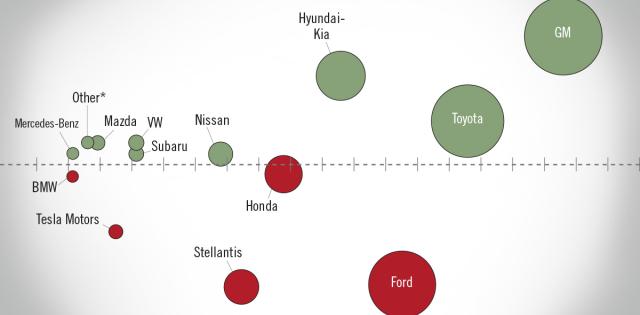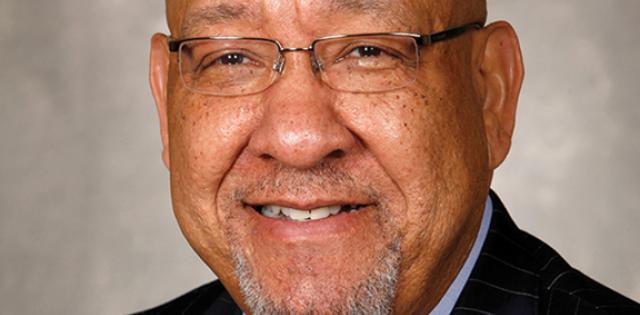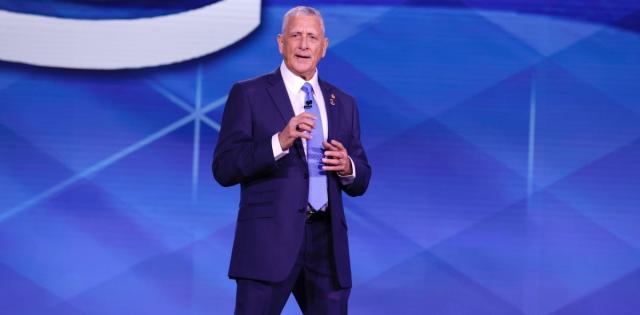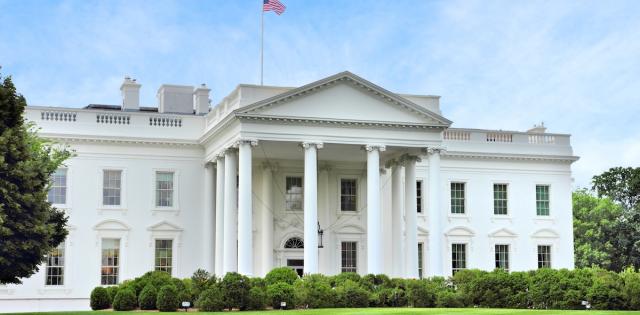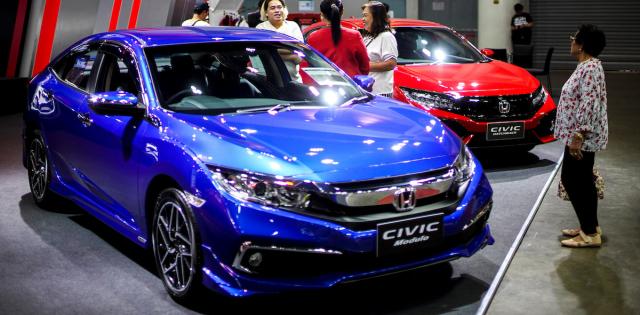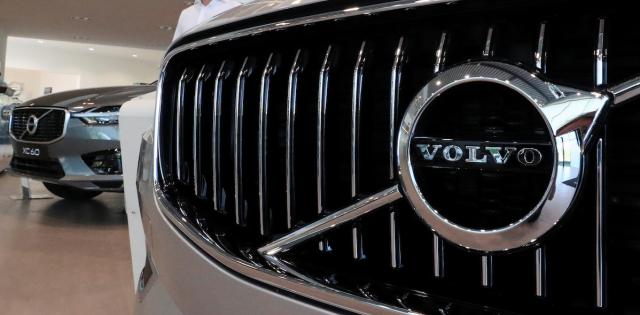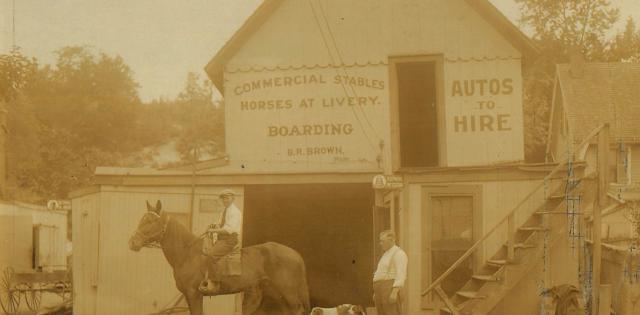NADA’s priority is preserving consumer choice and affordability.
TYSONS, Va. (July 9, 2018) – NADA President and CEO Peter Welch again warned of higher prices and fewer choices for consumers if the Trump Administration imposes tariffs on imported automobiles and automotive parts.
“New tariffs on imported autos and parts, if broadly implemented, would hurt the auto industry, and our customers and our economy as a whole,” Welch said in a video released Monday. “Broad-based tariffs on autos and auto parts will result in serious unintended consequences. Ironically, some domestic brands could get hit harder than international brands. And ultimately American customers will be confused with fewer choices and pay higher prices.”
Welch added that a 25-percent tariff on cars and light-duty trucks, which could result in average prices increasing by thousands of dollars, would be the worst-case scenario.
“At NADA, our priority is preserving consumer choice and affordability,” he said. “Our customers are already strapped to make car payments because of rising interest rates, rising commodity prices and other regulatory schemes, such as increased CAFE standards.”
On June 29, NADA filed written comments with the U.S. Department of Commerce concerning its investigation that will determine if the importation of automobiles and auto parts are a threat to U.S. national security.
“Our message has been clear: We support the president’s goals, but the imposition of tariffs on imported autos and auto parts is not the right tool to achieve his goal and may in fact trigger a trade war of retribution that could be bad for our economy as a whole and even worse for our customers,” Welch added.
Welch is scheduled to testify at a Department of Commerce hearing later this month. NADA has also met with officials from the Department of Commerce and the White House, and is discussing the issue with members of Congress.
“The key to diffusing this issue is educating policymakers and the public that tariffs on imported autos and parts is a bad idea and has more down side than up,” he said urging dealerships to get involved. “Let your local city and county managers and your local and state elected officials know what kind of sales tax hit they could take if vehicle sales suddenly drop because of import tariffs. Likewise, the next time you visit with your member of Congress, let them know that auto tariffs are a bad idea.”



